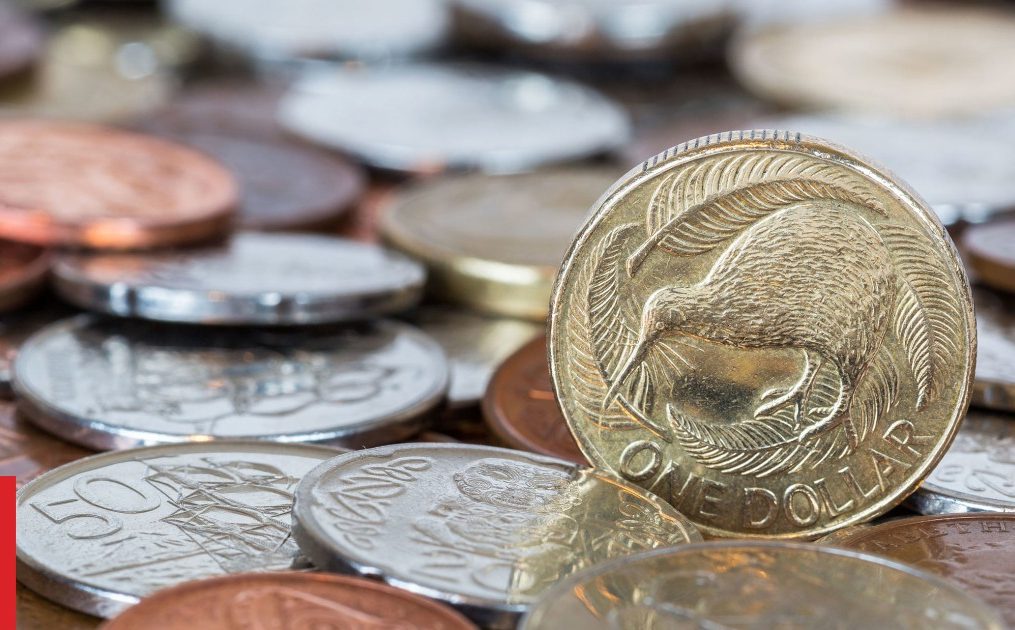Membership in KiwiSaver rises, fees fall for first time
Navigation for News Categories
The Financial Markets Authority has released its annual report on KiwiSaver.
Photo: 123RF
KiwiSaver funds and membership have increased in the face of volatile financial markets, which delivered a fall in investment returns, but also a fall in managers’ fees.
The Financial Markets Authority’s (FMA) annual KiwiSaver report shows a modest rise in funds under management, as investors, employers and the government kept up contributions, as well as signs of changing savers’ attitudes and behaviour.
Key numbers for the year ended March 2023 compared to previous year:
- Total membership 3.25m (up 2.7 percent)
- Average balance $28,778 (up 1.6 percent)
- Member withdrawals $4.2b (up 11.7 percent)
- Total funds under management $93.7b (up 4.3 percent)
- Investment returns -$1.9b (vs +$1.3b)
- Combined fees revenue $664.1m (down 8.1 percent)
The FMA’s director of markets, investors and reporting, John Horner, described the findings as a sign the scheme had held “firm” through a turbulent period, and showed a maturing of investors.
“Contrasting this year’s report to previous years, indicates how investor behaviour has changed over time, together with the profile of the funds being selected.”
He said there was less panic switching into conservative funds and a rise in the number those in the more volatile but higher return growth funds.
“The FMA has said for some time that younger investors should consider funds with more growth assets, as these are more suited to a longer investment horizon.
“As investors become more comfortable with the long-term nature of KiwiSaver, there has been a major shift towards more growth-oriented funds over the last ten years.”
Horner said investors in conservative funds had fallen to 21 percent, increased to 30 percent in balanced funds and 37 percent in growth funds.
Balanced funds were made the default for new entrants to KiwiSaver in 2021 from the previous conservative setting.
Investments in growth funds totalled more than $40b, a doubling in three years, but the amount in so-called specialist “socially responsible” schemes touched $1 billion for the first time.
Fees fall for first time
A notable feature was the first fall in KiwiSaver fees since the scheme’s inception, down 8.1 percent to $664.1 million.
Horner said that reflected factors such as lower default fund fees, big managers cutting their fees and removing fixed membership fees, and managers not earning the same level of performance fees.
“This is an important milestone as we have been encouraging providers to share with their members the economic benefits of scale … Reducing fees is a meaningful way to do this, because members retain more in their balances to benefit from compounding returns.”
The report also showed the impact of tougher economic conditions, with less money being contributed overall, a sharp rise in hardship withdrawals, and an equally sharp fall in the amount withdrawn for first home purchases.



